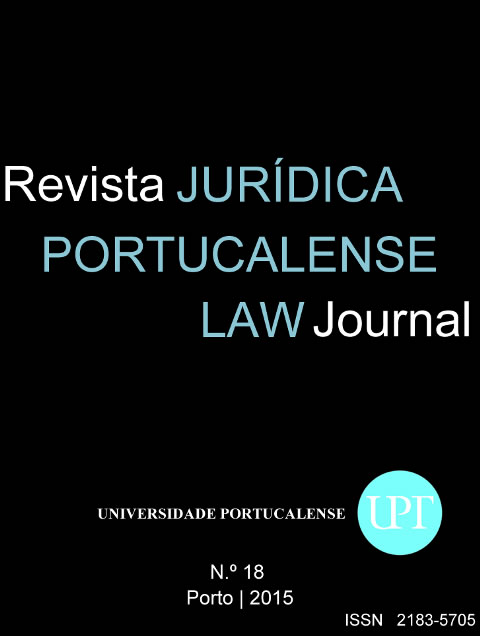A quem deve a Administração do Condomínio exigir o pagamento no caso de aquisição/alienação de frações autónomas, mantendo o alienante dívidas para com o Condomínio?
Resumo
Propriedade Horizontal, enquanto meio de organização e de satisfação de necessidades preeminentes, é um instituto jurídico com uma acentuada importância económica e social.
Cada condómino, é proprietário exclusivo da fração que lhe pertence e comproprietário das partes comuns do edifício. Assim, a cada condómino está associado um conjunto de direitos e, cumulativamente, obrigações. À Administração do Condomínio, cabe a função de cobrar as dívidas existentes, intimando os condóminos a fazê-lo voluntariamente. Se isto não suceder, está ao seu alcance cobrá-las recorrendo à via judicial.
Neste âmbito, a questão de se saber se o adquirente de uma fração autónoma, é responsável por prestações de condomínio já vencidas, à data da aquisição assume particular importância.
As obrigações em causa são propter rem, ou seja, são obrigações, cujo devedor se determina pela titularidade do direito real. A controvérsia surge quando se pretende atribuir apenas a algumas dessas obrigações a ambulatoriedade.
Downloads
Ficheiros Adicionais
Publicado
Como Citar
Edição
Secção
Licença
Autores que publicam nesta revista concordam com os seguintes termos:
- Autores conservam os direitos de autor e concedem à revista o direito de primeira publicação, com o trabalho simultaneamente licenciado sob a Licença Creative Commons Attribution que permite a partilha do trabalho com reconhecimento da autoria e publicação inicial nesta revista.
- Autores têm autorização para assumir contratos adicionais separadamente, para distribuição não-exclusiva da versão do trabalho publicada nesta revista (ex.: publicar em repositório institucional ou como capítulo de livro), com reconhecimento de autoria e publicação inicial nesta revista.
- Autores têm permissão e são estimulados a publicar e distribuir o seu trabalho online (ex.: em repositórios institucionais ou na sua página pessoal) a qualquer ponto antes ou durante o processo editorial, já que isso pode gerar alterações produtivas, bem como aumentar o impacto e a citação do trabalho publicado (Veja O Efeito do Acesso Livre).
A RJP não aplica taxas de submissão, publicação ou de qualquer outra natureza, sendo os artigos publicados em acesso livre e aberto, com a missão de difusão do conhecimento científico e o debate de temas jurídicos na área das Ciências Jurídicas.






